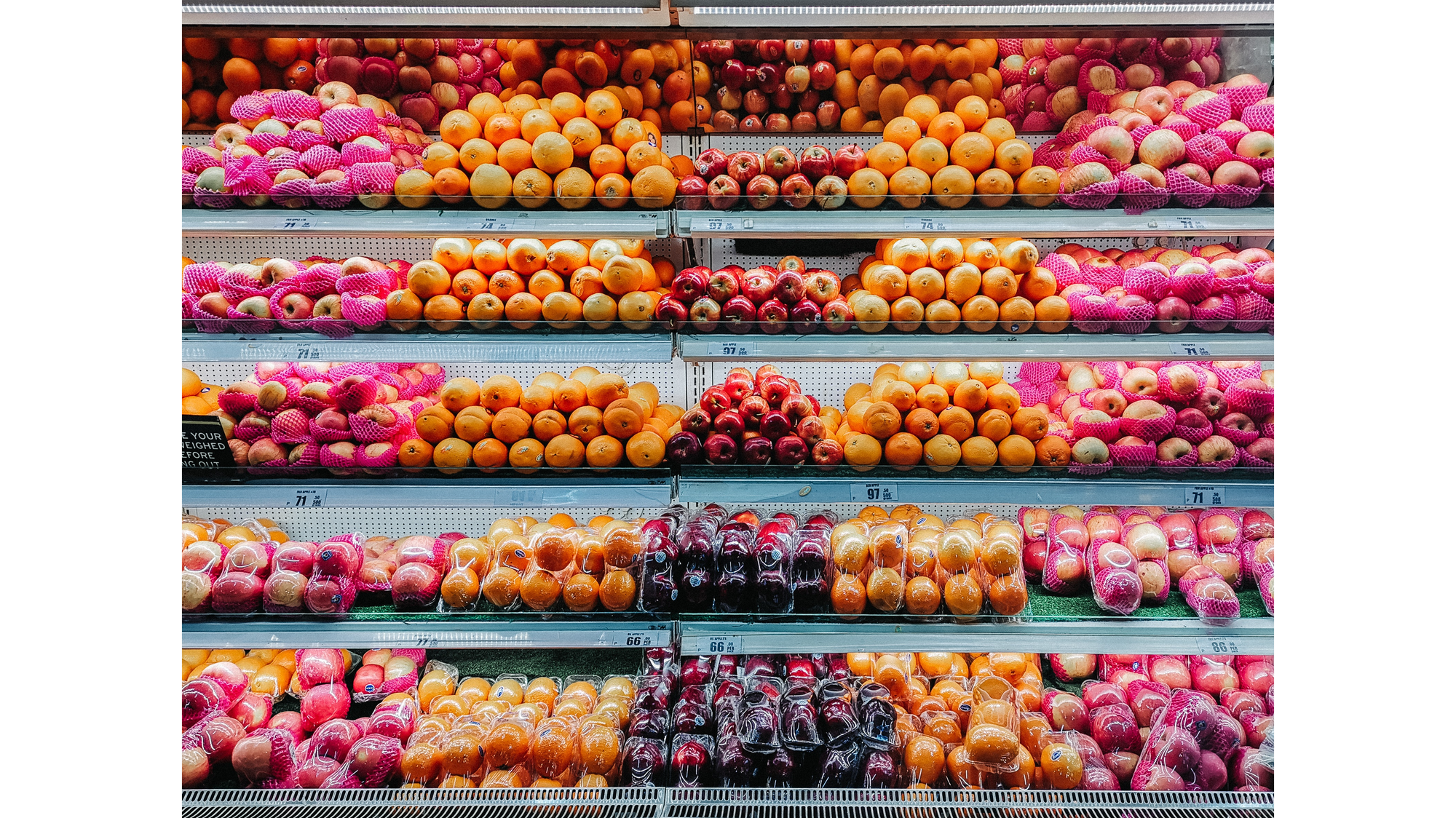Food insecurity is an urgent issue for Canadians, experts told Humber news.
“This is a very serious problem, but it’s also not a new problem. It’s a chronic problem for as long as we’ve been monitoring food insecurity in Canada,” said Tim Li, a research program coordinator at PROOF, a Toronto organization that monitors food insecurity.
“We’re looking at a point where food insecurity or the experiences of food insecurity for the 9.8 million people have gotten worse over the past year,” Li told Humber News
According to an article from Macleans, between March 2020, and March 2022, were a total of seven- million Canadians were struggling with food insecurity, while an additional 23 per cent of Canadians reported in a survey that they had to eat less due to not being able to afford groceries.
The cost of living, primarily due to inflation, has brought the price of almost everything up, and out of reach for most Canadians. The increase has caused some people resorting to stealing items from grocery stores.
The number of people who attended food banks also saw a spike in 2022 as Food Banks Canada reported that there were nearly 1.5 million visits to food banks in Canada, which was the highest usage on record, despite unemployment rates being the lowest on record.
On top of that, StatsCan also revealed in their Consumer Price Index report from last year that the price for groceries in Canada rose at the fastest pace seen since 1981. Roughly by 9.8 per cent from the 2.2 per cent listed in 2022.
Nicole Danesi, Senior manager of public relations at CanadaHelps, said her organization serves as a platform for several charities and non-profits across the country, and if anyone wanted to make any form of a donation, they could be a frontline option.
“It’s really important for anyone who is able to support their favorite not-for-profit, they are able to do that, and that’s one of the amazing things about CanadaHelps,” said Danesi.
“Indigenous, remote and Northern communities are particularly vulnerable because of the higher cost of living and other geographic, social and economic factors,” said Minister of Agriculture and Agri-Food, The Honourable Marie-Claude Bibeau in a press release last year.
“With these challenges, it is more important than ever to support food systems in these communities in the long term,” said Bibeau.
Besides higher input costs and supply chain disruptions, the ongoing war between Russia and Ukraine also affected the price of goods in Canada.

